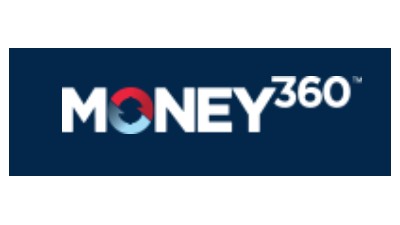Facing A Tenuous And Unchecked Market, Non-Bank Lenders Need To Self-Regulate

Bridge loans, hard-money lending, crowdfunding — non-bank lending has taken off in commercial real estate, thanks in large part to the lending restrictions imposed on banks after the global recession. But even as the alternative lending landscape continues to broaden, some say that the Wild West of lending practices may not be long for this world.
To prevent overly aggressive underwriting and the possibility of another real estate bubble, regulation is bound to come from somewhere, experts say. Rather than wait for authorities to crack down, a few alternative lenders are proposing another path: self-regulation.
“We have an opportunity right now to set our own standards and guidelines and preserve the liquidity that the sector provides to the economy,” said Gary Bechtel, president of Money360, a direct lender for commercial real estate loans. “But if the non-bank lending community doesn’t regulate itself, some other authority is going to step in and do it for us.”
In the years since the financial crisis, the Dodd-Frank Act and Basel III capital reforms reduced the amount of risk banks were allowed to take and upped how much capital they were required to keep in reserve, restricting their lending to only the largest and most creditworthy borrowers. But smaller companies and individuals still needed a way to borrow money. In the shadow of the banks, a new group of lenders flourished to become a reliable source of capital.
Total alternative lending for small to midsize enterprises jumped from $263B in 2016 to $380B in 2017. Bechtel said it could hit $750B by 2020. Since he took over as president of Money360 in 2015, he has seen the number of alternative lenders triple.
Bechtel said many of the lenders who joined in the space are not newcomers, but former CMBS, equity or mezzanine debt players who have jumped at a new opportunity. And in their search for the highest returns, some are starting to engage in questionable lending practices.

“The alternative lending space feels much like the traditional lending space felt before the recession in 2008,” Bechtel said. “People are underwriting aggressively and not thinking as much about the downside, because they’re making money and the economy is generally robust. We’re starting to see a lack of restraint by some and less regard for fiduciary responsibility for the average borrower or investor.”
While Money360, which was founded in 2010, has built a reputation for transparency when it comes to the real estate projects on its balance sheet, Bechtel said many new entrants in the space have been underwriting transactions at higher levels of risk to deploy capital.
“We want to take an educated view here and look out for our investors and bondholders. We’re not going to necessarily compete with these new lenders on those very high loan-to-value, riskier deals,” Bechtel said. “When — not if — the economy does slow down, those lenders are going to be impacted by the softening market. Frankly, we have to be the adults in the room, step up and define what these regulations should look like and then take the initiative to follow them.”
Beyond taking care of their investors, Bechtel also said that he is hoping that non-bank lenders can band together to propose industry-wide regulations, or even form a specialist regulatory agency, similar to the agencies that govern life insurance or credit unions.
He suggested that commercial real estate agencies could help to start the conversation, and even propose regulations to the Securities and Exchange Commission itself. He also pointed to the work of the Innovative Lending Platform Association, a forum for alternative lenders to share best practices and effectively regulate each other.
“Waiting for state or federal governments to step in isn’t going to work,” Bechtel said. “It could disrupt the flow of capital and hurt our sector and the economy as a whole. So, we either contribute ideas and work with each other, or face the very real possibility that non-bank lending ceases to exist as we currently know it. I know which option I would prefer.”
This feature was produced in collaboration between Bisnow Branded Content and Money360. Bisnow news staff was not involved in the production of this content.

